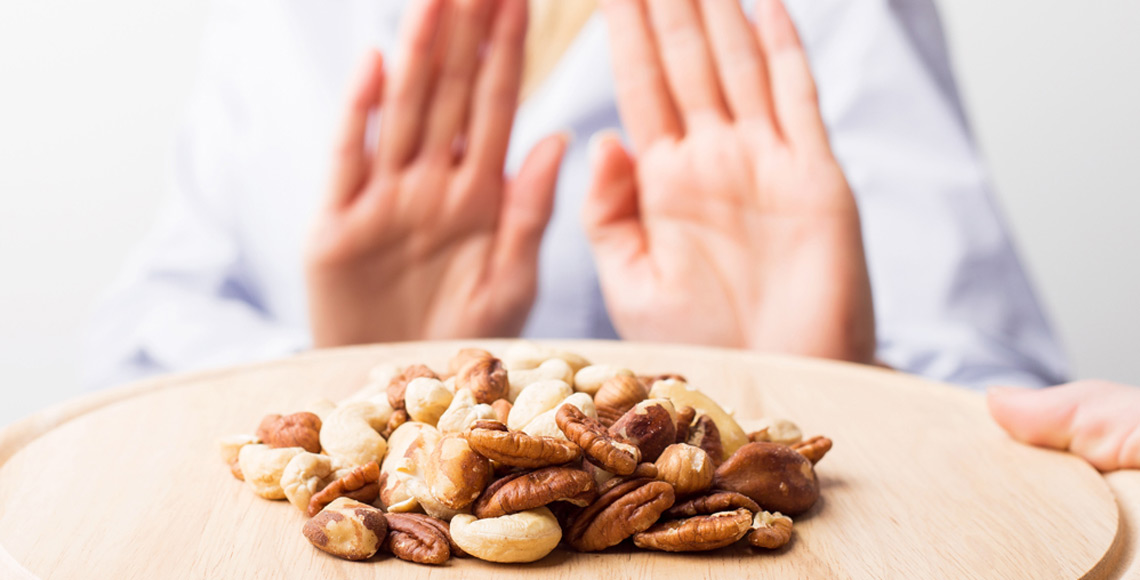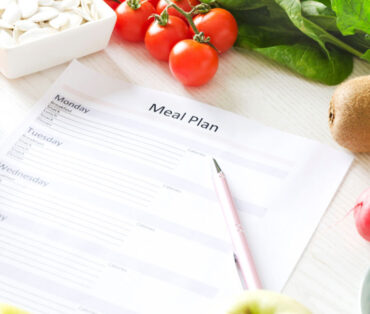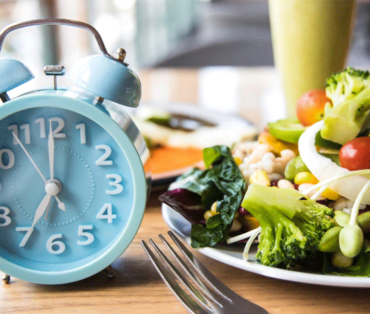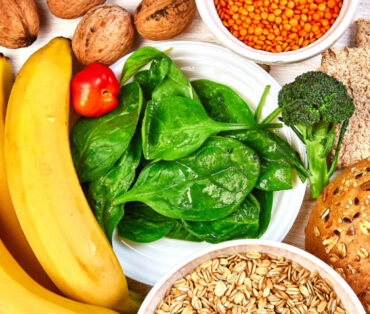How to Avoid Boredom Eating
It’s a perfect recipe for weight gain: You’re isolated or working from home—or both. You’re bored. You’re stressed. And you’re looking for anything to get your mind off it all, be it a tub of ice cream, takeout to support your favourite local restaurant, or a homemade cocktail. Less than desirable situations can lead to less than desirable habits adopted to cope. It’s time to think about curbing those habits and taking off some of the kilos we have to show for them.
Why do we engage in stress eating?
When acute stress strikes, at first, your appetite may suffer. The stress hormone adrenaline puts eating on hold. But when stress persists, your body releases a different stress hormone called cortisol, which ramps up your desire to eat. And when we’re stressed, healthy snacks aren’t likely to be the first thing we grab. Instead, we go for foods loaded with fat and sugar—comfort foods—which give us pleasure and relief short-term. Add the sleep loss, skipped workouts, and alcohol binges that sometimes go along with stress, and weight gain is pretty much inevitable.
Unfortunately, as women, we are more likely than men to deal with stress by turning to food. In a Finnish study, researchers found obesity was linked to stress eating in women but not in men. While men turned to alcohol and cigarettes, women raided the pantry for comfort food. 1
Keep in mind that stress eating differs from disordered eating. Stress-related eating is temporary and goes away with the sources of stress. Disordered eating has less to do with your circumstances and more to do with something internal. If you think you may have disordered eating, consult your health care professional. If overeating is likely due to other stress in your life, here are some tips on how to stop snacking and how to stop overeating, so you can get back on track with your healthy eating plan:
Kick comfort foods to the curb.
Out of sight, out of mind when it comes to snacking. One of the best ways to stop snacking is to get less than healthy snacks out of the house. If you have a stockpile, consider donating it to a food bank or simply throwing it away. The sooner you get rid of the source of your bad eating habits, the better off you will be.
Replace them with healthy snacks.
Trade in the salt and vinegar chips for cut up veggies dipped in plain yogurt or a cup of air popped popcorn. Instead of the strawberry cheesecake ice cream, top a bowl of fresh strawberries with a small dollop of low-fat whipped cream. Make these diet snacks plentiful and available. After all, if you surround yourself with low kilojoule snacks and remove the fat and salt-laden ones, and you won’t be able to choose the wrong thing.
Don’t restrict.
If you’re wondering how to stop binge eating, make sure you’re eating enough healthy food. Consuming too few kilojoules can put you at increased risk for overeating—or consuming the wrong foods—once you do eat.2 Make sure you’re getting three balanced, healthful meals per day chocked full of fresh fruits and vegetables coupled with a few low kilojoule snacks to keep stress-related binge eating under control.
Get your head back in the healthy eating game.
When we’re stressed and stuck at home, we tend to engage in mindless eating. The pantry is right there, so we grab a handful of peanuts or pretzels each time we cruise by, not ever thinking about how much they pile up by the end of the day.3 To break out of this habit, think about—or better yet, write down—every food you put in your mouth for a few days. Chances are, you’ll be surprised at how much you eat without realising. Next, each time you stop and stare at your snacks, ask yourself, “am I hungry? Does my body need this food? Will my body benefit from this food?” Sometimes just being more mindful is all it takes.
Deflect.
When you feel the urge to reach for a not-so-healthy snack, try a non-food form of distraction instead. Pour yourself a glass of flavoured sparkling water or make yourself a cup of soothing herbal tea. Read a few chapters out of a book or read a light article, take a quick walk, hop over to Curves or try a MyCurves On Demand workout, or call a friend. So much of stress eating is habit; shift your focus elsewhere.
Drink plenty of H20.
Many times, when we think we are hungry, we are actually thirsty and slightly dehydrated. Or, we just want to ingest something to quell our stress and/or boredom. Either way, drinking water instead of eating food when the urge to munch strikes will help. Water is your body’s main component. It’s important for nearly all your physiological functions and plays a key role in your level of energy. Aim for about eight glasses of water per day. If you don’t love the taste of plain water, add a little lemon juice, cucumber slices, or fresh fruit.4
Don’t drown your sorrows.
In times of uncertainty and stress, it may be tempting to take the edge off with a glass of wine, cocktail or beer—or two. Beware. Not only can alcohol add even more kilojoules, lower your inhibitions so you eat more, and over time, actually contribute to stress.5
If you’ve been eating and snacking more than usual over the past few months, you’re not alone. Stress eating is understandable, so try not to beat yourself up. Instead, focus your energy on making healthful changes. The sooner you get back on track with your diet and exercise routine, the stronger you’ll feel and the better able you will be able to handle anything that comes your way!
Sources:
- Why stress causes people to overeat
- Effects of Behavioral Weight Control Intervention on Binge Eating Symptoms Among Overweight Adolescents
- Eating attentively: a systematic review and meta-analysis of the effect of food intake memory and awareness on eating
- Nutrition and healthy eating
- The Relationship Between Alcohol Use, Eating Habits and Weight Change in College Freshmen








